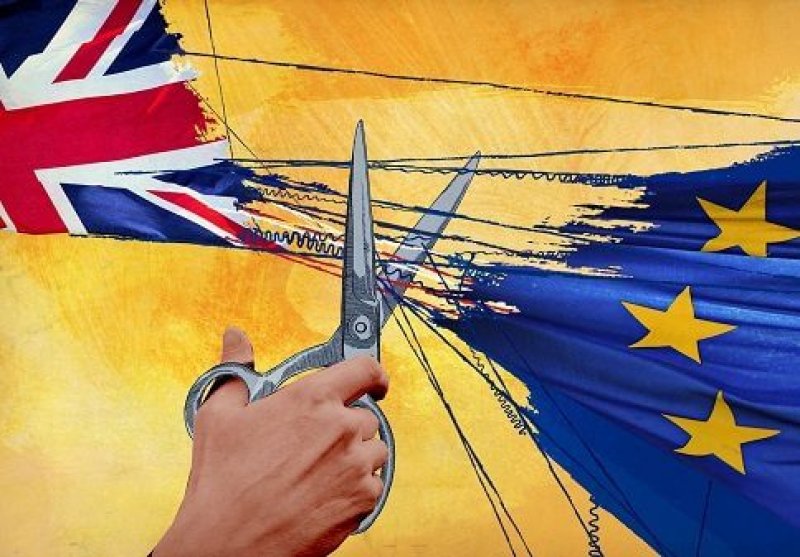Since securing his premiership and withdrawal from the EU, Johnson has repeatedly made a point of championing deregulation and divergence from the EU on GM as a Brexit boon for the UK and a priority for his administration.
…
Based rigidly on the precautionary principle, EU regulations both on planting GM crops and commercializing foods made from GMO ingredients are considered by many scientists overly restrictive and lengthy. Over the years, governments and policymakers from across the political divide have sympathized with that view but could do no more than push for reform in Brussels.
Johnson now has the opportunity to put the UK on a different footing. His intended direction of travel is clear, though GM is a highly contentious issue that could challenge even his libertarian instincts.
There has been strong support for deregulation on biotech in the scientific community for many years, so Johnson’s remarks have been welcomed enthusiastically by crop scientists.
…
A prime challenge is the consumer concern and suspicion GM has always attracted. This has engendered a highly cautionary approach by retailers …. Food manufacturers have also been somewhat reticent about supporting GM publicly, even if they recognise the benefits of the technology.
Read the original post































